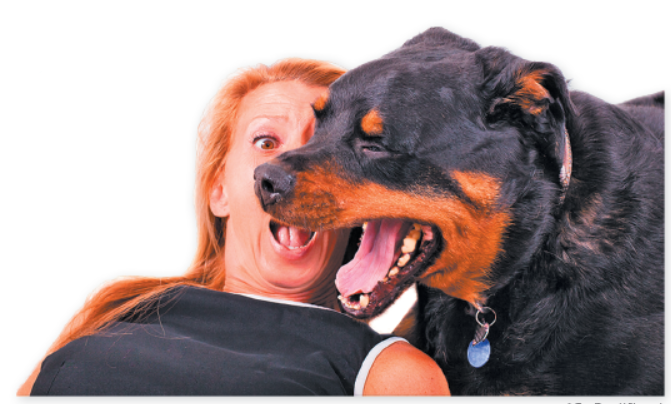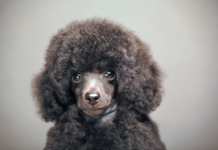You brush your dog’s teeth assiduously to keep his mouth free of the bacteria that cause dental disease and can also make his mouth smell rank. You even take him for periodic cleanings under anesthesia, which allows the veterinarian to remove bacteria-friendly debris below the gum line. But still, the odor emanating from his oral cavity is just awful — not garden-variety awful but something much worse. Or it’s just plain “different.” What’s going on?
While the majority of cases of halitosis in dogs are indeed caused by poor oral hygiene, there are a few diseases having nothing to do with the teeth that can change a dog’s breath for the worse. The silver lining is that in many cases, the specific odor can provide a clue about what’s wrong. If your dog’s breath smells like any of the following, take him to the vet for a workup in case he needs medical treatment for a serious condition.
An odor like ammonia or urine. Such a scent could be a sign of kidney disease. In a healthy dog, breakdown products of protein make their way into the kidneys and then out of the body. But if the kidneys aren’t functioning properly, the breakdown products (which are toxic) build up in the bloodstream. One of them is urea nitrogen, which can break down further into ammonia. A dog with high levels of it may end up with an ammonia- or urine-like odor on his breath.
Faintly sweet or fruity. Your dog might have diabetes. Normally, the body breaks down sugar to use as energy, but a dog (or person) with the disease can’t do that efficiently. So he starts breaking down fat instead. That results in the production of compounds called ketone bodies. They’re toxic, and the way a dog involuntarily tries to get rid of them is through respiration. The ketone bodies are what give his breath the distinctively sweet odor.
Note: Uncontrolled diabetes can suppress the immune system, making it easier for bacteria to grow in the mouth and causing or worsening dental disease. That could add yet another dimension to your dog’s mouth odor.
An odor so foul it’s hard to take. In some cases, an odor bad enough to be sickening can be an indication of a cancerous tumor in the oral cavity. Consider that a tumor, like other tissue, is nourished by the bloodstream. But as it grows, blood vessels may not be able to keep up with demand so that even as the tumor is enlarging, some of its cells are dying. It’s the cell death — called necrosis — that causes the sickening scent. “Oral tumors often grow quickly,” says Your Dog editor-in-chief John Berg, DVM. “You can’t always see them because they can form at the back of the mouth, which is why you need a veterinarian to check. They can also make their way into surrounding bone and tissue.”
A very awful odor doesn’t prove it’s cancer, Dr. Berg says. But a particularly pungent stench that seems like a change in the dog’s breath should prompt a doctor’s visit.





